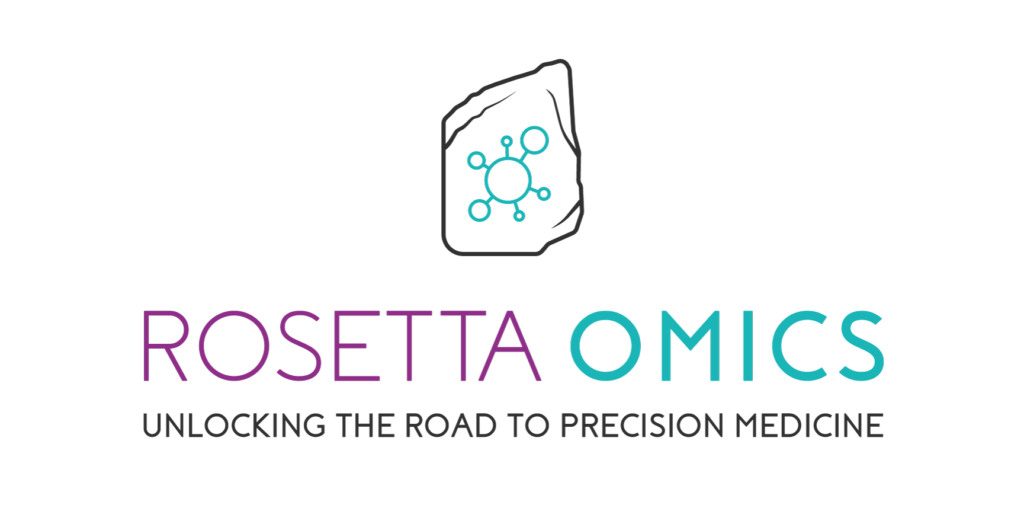
Multi Omics-enabled Precision Medicine in Oncology
Unlocking the road to precision medicine by tumor characterization via high resolution mass spectrometry profiling and AI in cancer patients.
The problem
Worldwide, there are more than 19 million new cases of cancer each year.
First-line therapies are not always the most effective and there is a strong need to move towards personalized medicine by offering the patients the best treatment as quickly as possible. This will help in increasing the chance or cure. Therefore, there is a need to improve the prediction of the response to treatments to be able to save patient’s lives and reduce the cost of expensive inefficient treatments.
Our Solution
Our solution can be integrated within the standard clinical procedure of biopsy collection for diagnostics to assist in the decision-making process. Our services and products can also identify biomarkers of clinical interest and be used to discover new targets for drug development.
Our mission
Rosetta Omics mission is to help oncologists, clinicians, and pathologists to better diagnose, stratify and rank first line treatment options for cancer patients from one unique tissue slide per patient.
Our Technology
Our methodology, includes a patent for the use of common conductive slides with analytes study while keeping protein integrity, uses consecutively the following technologies:
Mass spectrometry imaging
(MSI) by Matrix Assisted Laser Desorption Ionization (MALDI-MSI) for fast spatial omics pre-screening of proteins and/or metabolites.
Laser Capture Microdissection
(LMD) to enable the selection of specific tissue areas allowing subsequent molecular identification.
Liquid chromatography coupled to tandem mass spectrometry
(LC-MS/MS) allowing high resolution peptides identification and label-free quantification
Artificial Intelligence
algorithms providing full analysis reports of tumor tissues and patient profile with therapeutic options rankings.
Molecular profiling
While conventional immunohistochemistry (IHC) analyzes the expression profile in a non-quantitative way of a single or a limited number of proteins (by multiplexing) per histological section, our solutions make it possible to exploit clinical samples in an optimal and specific way by identifying and quantifying several thousand proteins and analytes (metabolites, lipids, glycans) from a small amounts of biopsy-compatible material. Our multidimensional Multiomics data input from tumor and non-tumor tissue allow us to define the associated molecular pathophysiology of patient cancer.
AI for predictive test
The development of machine learning algorithms, which makes it possible to use the molecular profile as a new valuable tool to predict the response to treatments, can improve patient care management with reliable precision medicine to find the best treatment per patient at the right time.
Identifying biomarkers for drug development
Thanks to this approach, which stands out from the problems of antibody specificities, we can identify known and new biomarkers of clinical interest allowing faster diagnostic validation, new therapeutic strategies/combinations and better tumor classification for biopharmaceutical companies.
